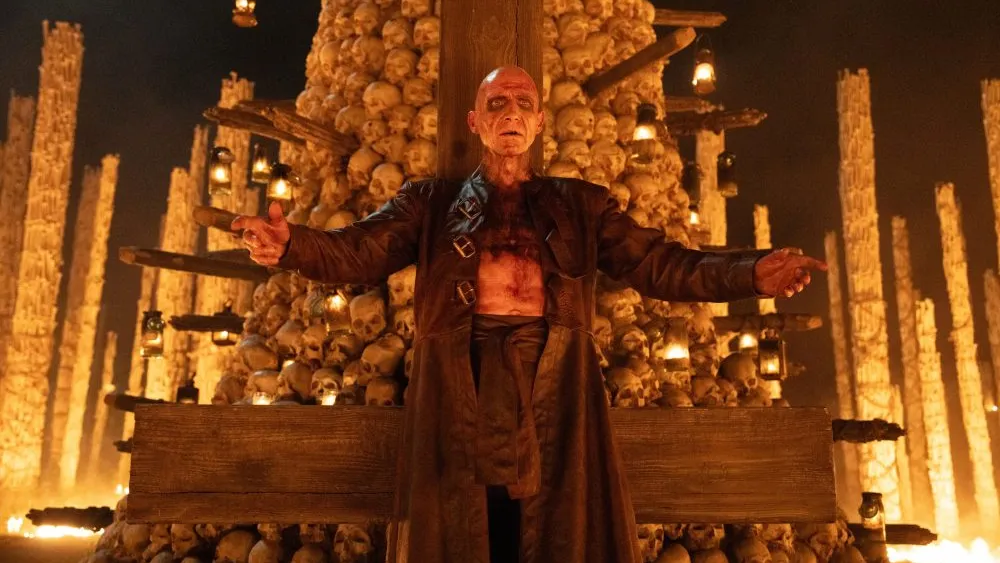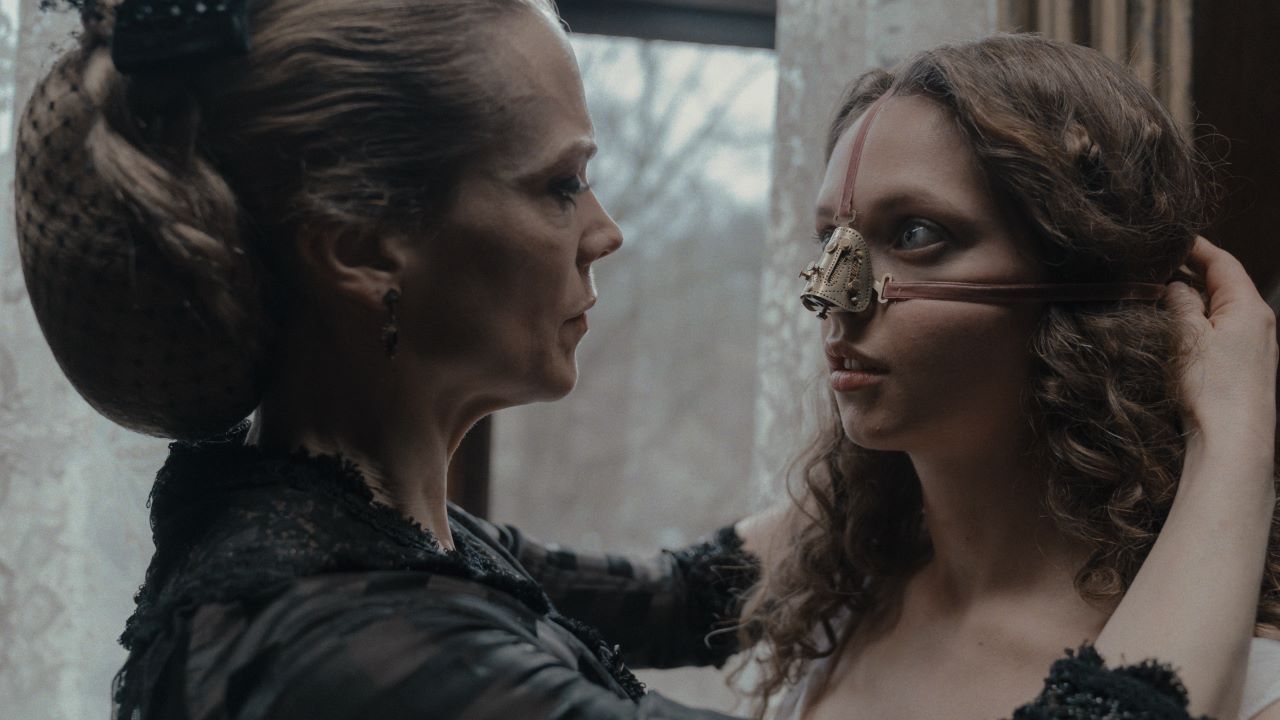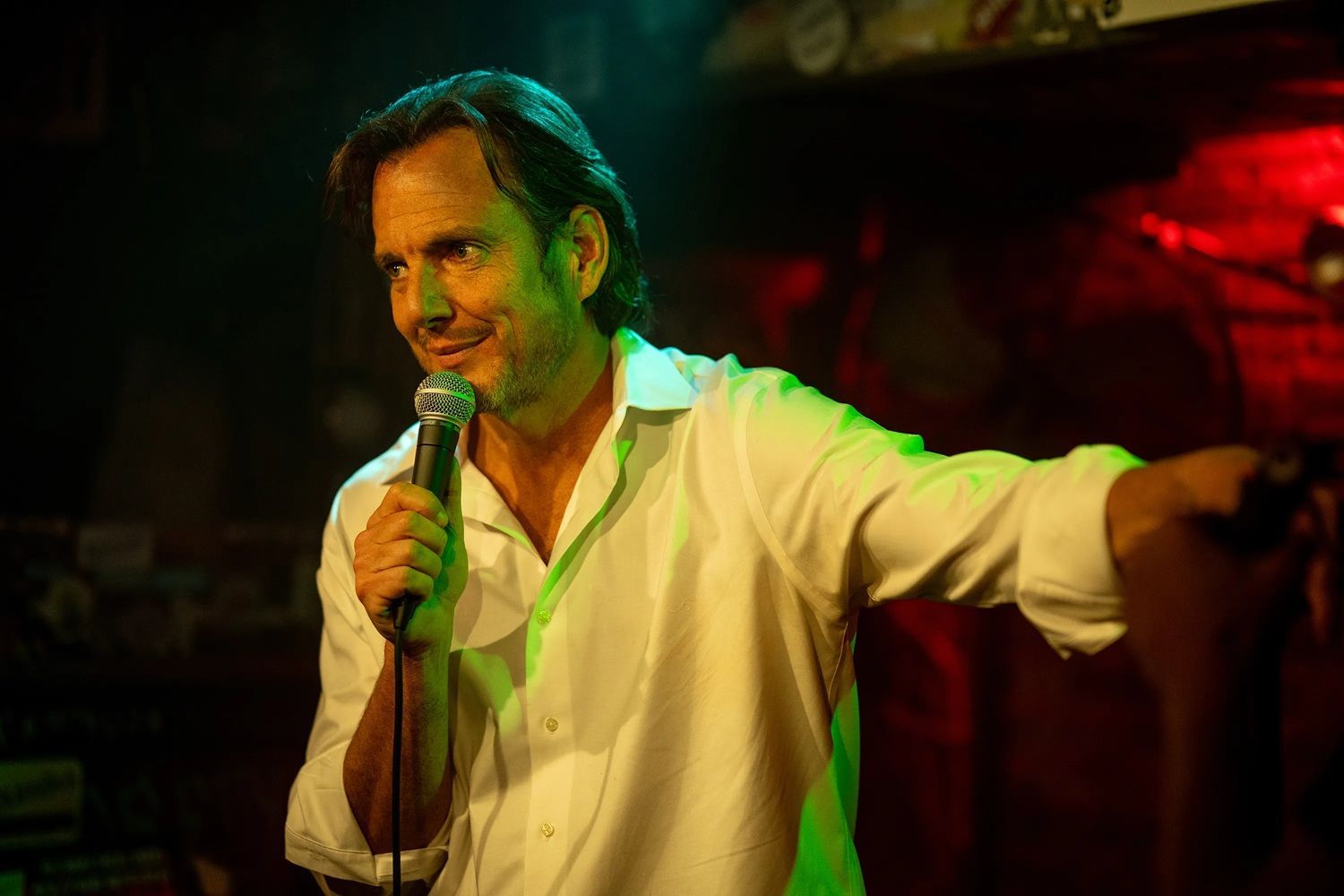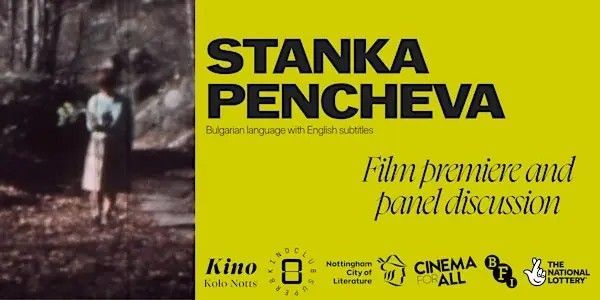Review of The Vourdalak
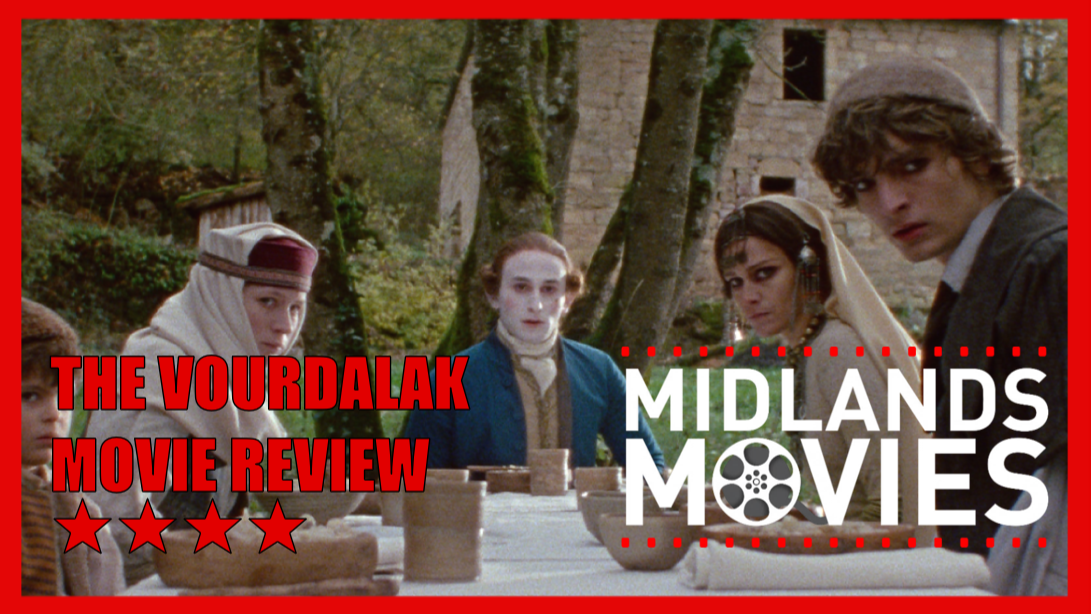
The Vourdalak (2024) Dir. Adrien Beau
There’s something wonderfully tangible about Adrien Beau’s directorial debut. It’s shot on Super 16mm, layering the stunning rural locations with a thin grain, combining with the work of cinematographer David Chizallet to create something that wouldn’t have been out of place in a Peter Greenaway production.
Indeed, this feels akin to Nosferatu via The Draughtman’s Contract. Based on the vampiric novella The Family of the Vourdalak by Aleksey Konstantinovich Tolstoy, which predates Bram Stoker’s Dracula by almost 60 years, it follows the Marquis Jacques Saturnin du Antoine (Kacey Mottet Klein) who finds himself seeking refuge in the home of a man called Gorcha.
Gorcha’s family is disfunctional. His eldest son Jegor (Grégoire Colin) is domineering over his wife Anja (Claire Duburcq). The daughter, Sdenka (Ariane Labed), has brought shame upon the family by falling for, and sleeping with, a traveller, and the youngest son, Piotr (Vassili Schneider), shows more effeminate tendencies and is considered an embarrassment.
As for Gorcha himself, he has escaped the house to fight the invading Turk army, leaving a note warning the family not to allow him back into the house if he has not returned within six days – lest he has become a vordulak.
Of course, the film would be light on horror if the family followed this letter. When the emaciated Gorcha is discovered on the edge of the grounds, he is brought back into the fold. Up until this point, Beau and co-writer Hadrien Bouvier have focused on the culture clash between the haughty Antoine and the lower-class family. Klein really is excellent in the role, jumping from eagerly attempting to seduce Sdenka, to disgust at the freshly butchered meat used in the family’s meals, to a certain amount of reference to the patriarchal Jegor, offering plenty of humorous moments.
When Gorcha is brought back, in the form of some exceptional puppetry, the film quickly steps into horror territory. This isn’t jumpscares and gore – although there is plenty of blood at times. Instead, The Vourdalak is a film focused on atmosphere. Using a life-sized puppet as the antagonist creates an uncanny feel to proceedings. There is no refined gentleman vampire here, but something otherworldly, uncertain in its decomposing body. Mixed with the voiceover work of the director himself, and you get a vampire as horrifying as Max Schreck’s Count Orlok.
But the vampiric bloodletting makes up just part of the events in the climax. Beau and Bouvier aren’t afraid to put their modern sensibilities into the film, highlighting the ridiculousness of discriminations against those who do not conform to gender expectations, as well as women who are not considered ‘pure’.
The most horrifying part is the power Gorcha holds over his family as the patriarch, and the film is roundly critical of this. In his weakened state, Gorcha is more of a manipulative force, bidding the family to degrade themselves and hurt each other. It leads to some deeply uncomfortable moments.
It also helps The Vourdalak to stand out against other vampire films. Its beautiful cinematography and disturbing content making it something that sticks in the mind long after the credits.
★★★★
4 / 5
Matthew Tilt
Twitter/X @Matthew_Tilt
The Vourdalak is on digital platforms on 16 September 2024


